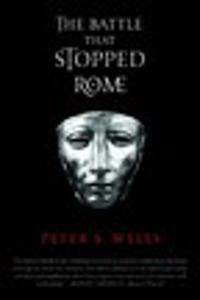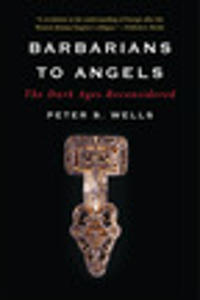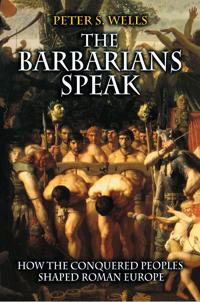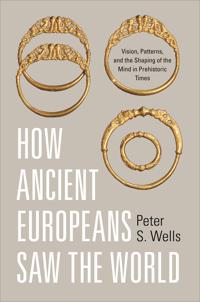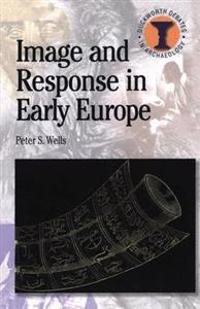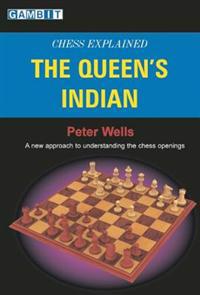The Battle That Stopped Rome (Häftad)
avPeter S. Wells
ISBN: 9780393326437 - UTGIVEN: 200501In A.D. 9, an army of barbarians ferociously butchered three entire Roman legions in a desolate German forest. The loss of one-quarter of its European army was a blow from which the Roman Empire never recovered. Archaeologist Peter Wells provides the first graphic details of this monumental confront[...]
Barbarians to Angels (Pocket)
avPeter S. Wells
ISBN: 9780393335392 - UTGIVEN: 200908In "Barbarians to Angels", one of the world's leading archaeologists offers a surprising look at the least-appreciated period of European history: the so-called Dark Ages. The barbarians who destroyed Rome demolished civilisation along with it and for the next four centuries the people of Europe bar[...]
The Barbarians Speak (Häftad)
avPeter S. Wells
ISBN: 9780691089782 - UTGIVEN: 200107"The Barbarians Speak" re-creates the story of Europe's indigenous people who were nearly stricken from historical memory even as they adopted and transformed aspects of Roman culture. The Celts and Germans inhabiting temperate Europe before the arrival of the Romans left no written record of their [...]
How Ancient Europeans Saw the World (Inbunden)
avPeter S. Wells
ISBN: 9780691143385 - UTGIVEN: 201208The people who inhabited Europe during the two millennia before the Roman conquests had established urban centers, large-scale production of goods such as pottery and iron tools, a money economy, and elaborate rituals and ceremonies. Yet as Peter Wells argues here, the visual world of these late pre[...]
Image and Response in Early Europe (Häftad)
avPeter S. Wells
ISBN: 9780715636824 - UTGIVEN: 200805Did people in the Iron Age see their bronze figurines and sculpted stones differently from the way we see them today? How can we approach the problem of determining how they saw things? How different was their experience viewing these objects in the course of their use, from ours as we look at them [...]


